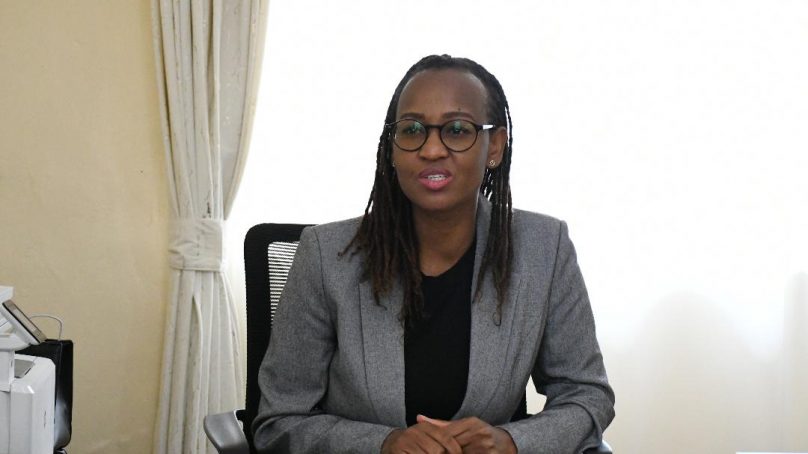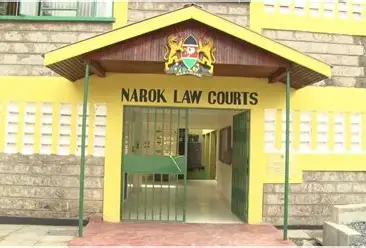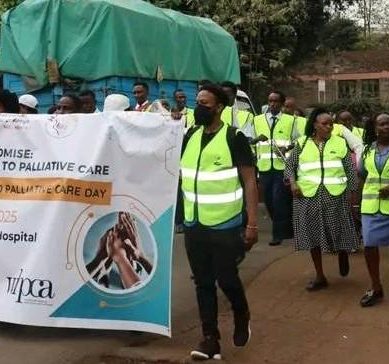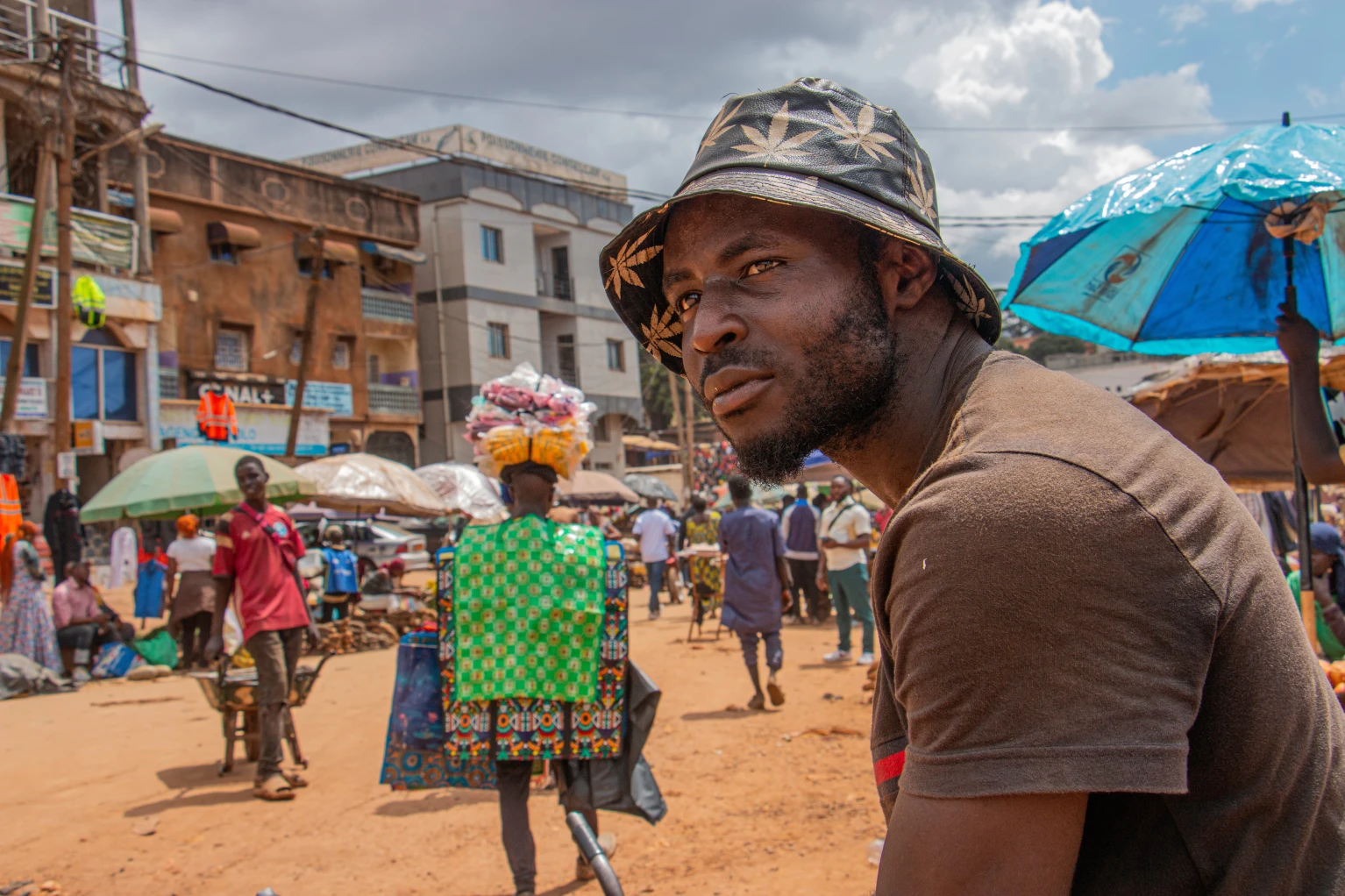
Traditional medicine practitioners in Nyeri have been advised to form or join existing cooperative societies as a way of enhancing their trade.
Trade, Tourism and Culture County Executive Committee Member (CECM) Diana Kendi says that for the practitioners to excel in their trade, they need to coalesce themselves into groups that can help them showcase their products to the public.
Kendi said that, while the county will do everything to open opportunities through which such cottage industries can thrive, it remains the responsibility of the concerned players to look for avenues that can popularise them to the world.
“What we are trying to do is to put them (traditional medicine practitioners) into cooperative societies since there is a law that governs associations and therefore it will be easier to manage them. Currently we have at least 15 registered cooperatives in Nyeri for such practitioners but we really want those who have not joined to do so,” she says.
Herbal medicine is generally recognised in Kenya by law and constitutionally. However, its regulation remains a sticking point given that the laws governing alternative medicine remains ‘open-ended.’
Current stand-offs between the two levels of government (national and regional) and the health-workers (doctors and nurses) has forced discourse on alternative medicine back in public domain.
According to World Health Organisation (WHO) traditional medicine “is a concept that resonates well with many inhabitants in developing countries such as Kenya owing to its social, economic and cultural significance. Traditional medicine is defined by WHO as the knowledge, skills and practices which are based on the theories, beliefs and experiences indigenous to different cultures and used in the maintenance of health and the prevention, diagnosis, improvement or treatment of physical and mental health.
“A lot has shaped the course of traditional medicine in Kenya from the days of old. However, the development and utility of traditional medicine remain low on account of the many challenges it faces. Problems related to regulation, low appreciation and acceptance and plummeting plant resources are some of the impediments to the development of traditional medicine. However, a healthcare system struggling to cope with demand, high costs and adverse effects of conventional therapy as well as drug resistance, have all served to give a lifeline to traditional medicine in Kenya,” WHO says.
While there is no actual figure of the actual number of traditional medicine practitioners in Kenya, studies from the late 2010s estimate it to be between 40,000 and 60,000.
While traditional health practitioners are rarely recognised among core health providers, they managed to register their services under the umbrella of Kenya National Traditional Health Practitioners Association (NATHEPA) on October 29, 2021. Among the roles of the association is to advocate for recognition of traditional medicine, register practitioners, and set professional standards for traditional medicines and practices. Kendi says some of the challenges hampering the recognition of traditional medicine is due to lack of scientific research to ascertain their efficacy unlike conventional remedies.
She says that unlike trained medics who go through medical colleges before they can be qualified as health providers, traditional health practitioners learn their trade through word of mouth.
“A lot of the herbal medicine that we have has not gone through the sacrifice of scientific requirements. A lot of times the information I regard to alternative medicine has been passed through successful generations and therefore in 2020 we started a programme to bring them together and today some have even sold their patents,” she explains.
“With herbal medicine the information is not there. In addition, the medicine has not been tested through what we call a clinical trial and therefore the process of knowing whether it works is very difficult.”
Aside from efficacy issues, the county government is also partnering with recognised government institutions such as the Dedan Kimathi University of Science and Technology and the Kenya Medical and Research Foundation (KEMRI) in improving their visibility.
In addition, Kendi says the government has been pushing for the recognition of herbal treatments as alternative sources of remedies in combating known and emerging ailments.
“We are now trying to bring in the Kenya Medical and Research Foundation to help us understand how we can look at broad acceptance of traditional medicine and the things that were raised by KEMRI such as dosage and efficacy. We have seen instances where traditional medicine has been effective. What we are trying to do is to go through a scientific process to ascertain these claims,” she said.
- A Tell Media / KNA report / By Samuel Maina and Wangari Mwangi






